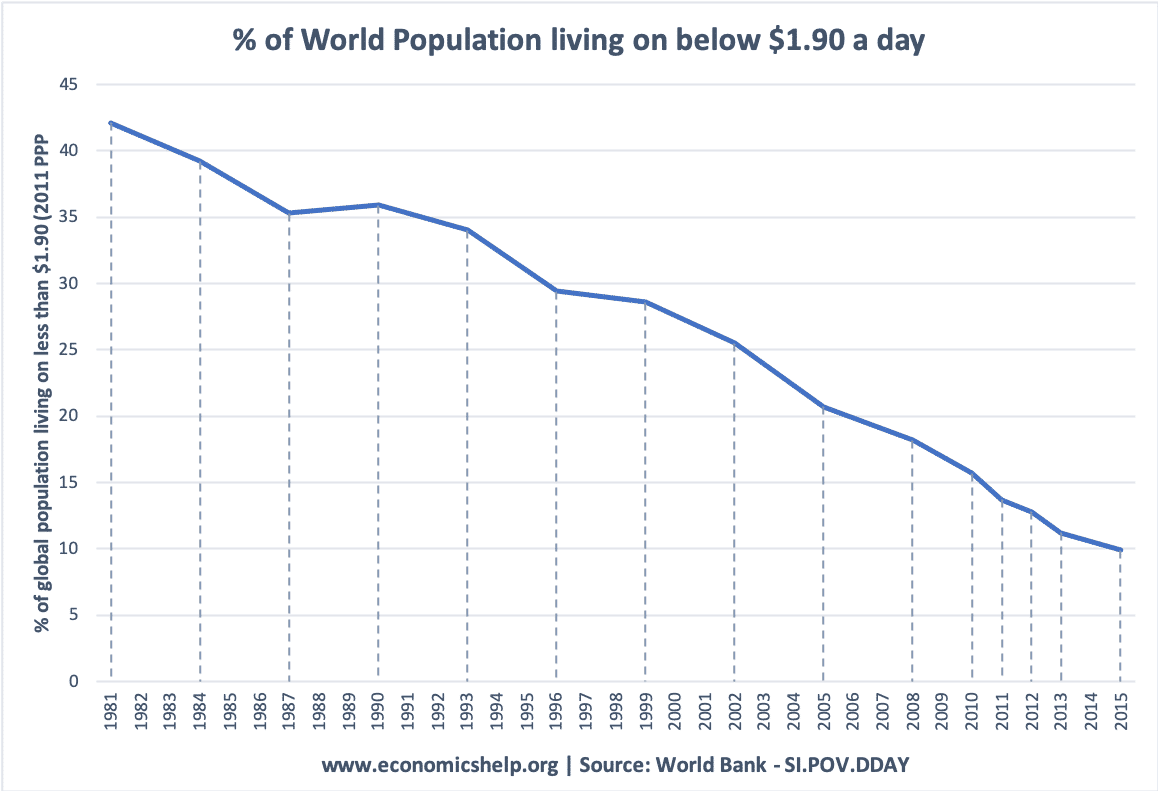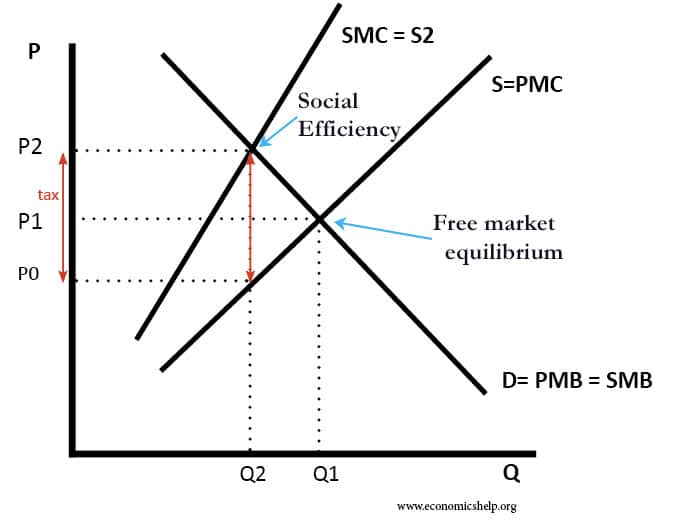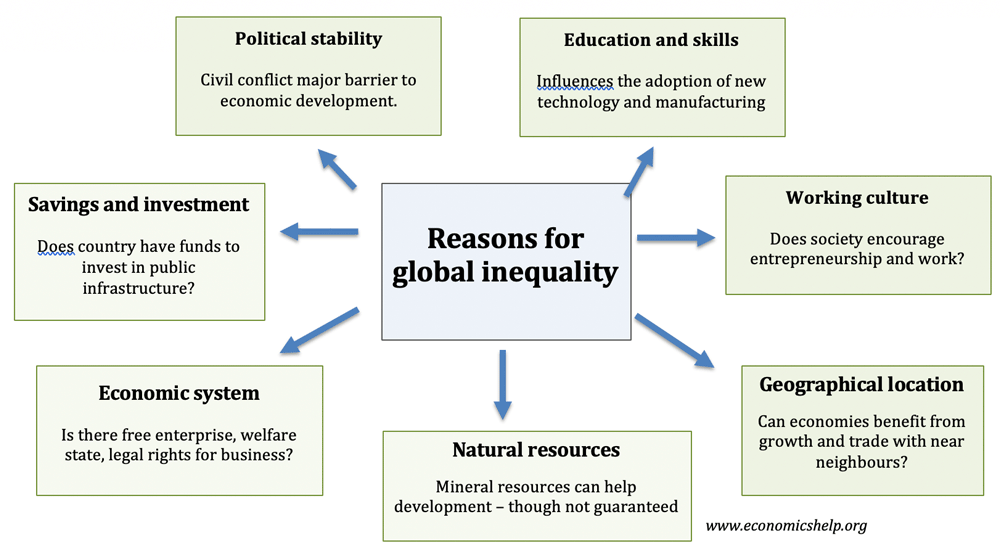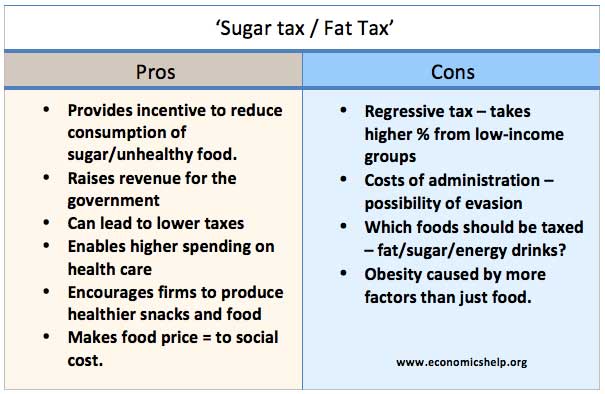Policies for reducing unemployment
There are two main strategies for reducing unemployment – Demand side policies to reduce demand-deficient unemployment (unemployment caused by recession) Supply side policies to reduce structural unemployment / (the natural rate of unemployment) A quick list of policies to reduce unemployment Monetary policy – cutting interest rates to boost aggregate demand (AD) Fiscal policy – …




